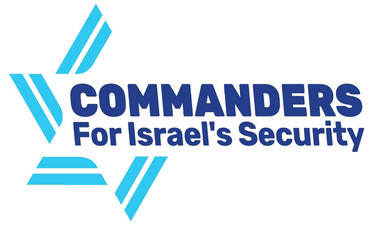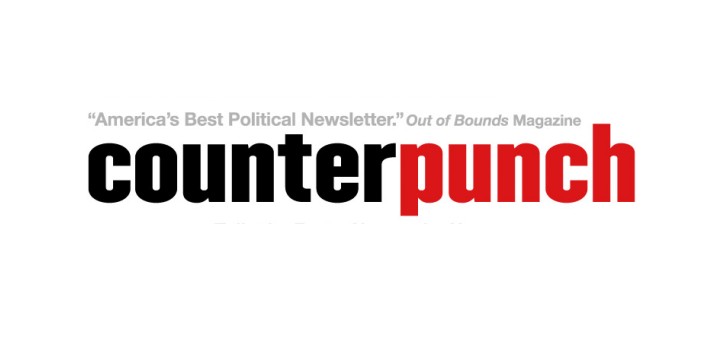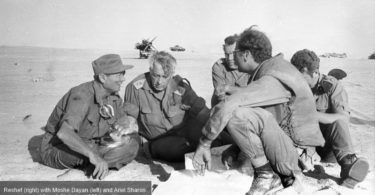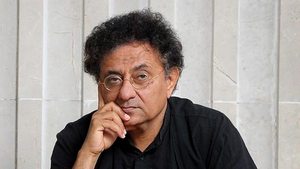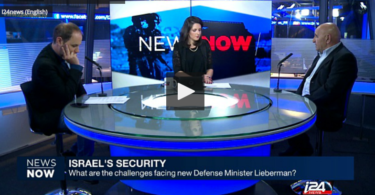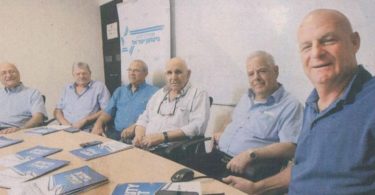CounterPunch | by CESAR CHELALA | November 7, 2014
106 former high-ranking Israeli members of the armed forces and police and intelligence officers have called on Israel’s Prime Minister Benjamin Netanyahu to make a strong move for peace with the Palestinians. In a letter to the Prime Minister, the army and police officers said that Netanyahu should seriously pursue peace with the Palestinians stating, “We, the undersigned, reserve Israel Defense Forces (IDF) commanders and retired police officers, who have fought in Israel’s military campaigns, know first-hand of the heavy and painful price exacted by wars.” The officers called on Netanyahu to embark on a “courageous initiative” and make peace with the Palestinians and other Arab countries.
The letter came at a time when the situation is rapidly deteriorating in Gaza and in Jerusalem. Following an October 24 suicide attack in the Sinai Peninsula where some 30 policemen were killed, Egypt closed the Rafah crossing, a 12 km long border between Gaza and Egypt. The situation worsened last weekend when Israel also closed its two main border crossings after an anonymous group launched a mortar shell at Israel –the second incident after the August 27 truce.
As a result of those actions by Egypt and Israel, the Gaza Strip is now totally sealed off, leaving its inhabitants, foreigners and sick people totally isolated, even those in need of medical care. “Gaza had turned into a big prison, and now it will turn into a huge graveyard,” said Fatima Hassan, a 56-year-old breast cancer patient from the town of Khan Younis in the Southern Gaza Strip.
In the letter addressed to Netanyahu, the Israeli officials state, “We fought bravely for the country in the hope that our children would live here in peace, but we got a sharp reality check, and here we are again sending our children out into the battlefield. This is not a question of left or right. What we have here is an alternative option for resolving the conflict that is not based solely on bilateral negotiations with the Palestinians, which have failed time and again.”
The letter is the brainchild of major general Amnon Reshef, a former armored corps commander. According to the Ynet news website, Reshef, who had fought in The Battle of the Chinese Farm, which took place in 1973 between the Egyptian Army and the Israel Defense Forces (IDF), as part of the Yom Kippur War, was sick and tired of repeated fighting instead of adopting one of the Arab peace initiatives such as the Saudi proposal of 2002.
The Saudi Initiative, also called the Arab Peace Initiative, is a comprehensive peace proposal first put forward in 2002 at the Beirut Summit of the Arab League by then Crown Prince, King Abdullah of Saudi Arabia and re-endorsed at the Riyadh Summit in 2007.
The initiative intended to end the Arab-Israeli conflict and bring peace to the region. The normalization of relations between the Arab countries and Israel was conditioned on the complete Israeli withdrawal from all occupied territories and a just settlement of the Palestinian refugee situation based on UN resolution 194 (which calls for a diplomatic resolution to the conflict and resolves that any refugees “wishing to return to their homes and live at peace with their neighbors” should be able to do so or, if they otherwise wish, should be provided with compensation.)
George Mitchell, then the United States special envoy to the Middle East, announced in March 2009 that President Barack Obama’s administration intended to “incorporate” the initiative into its Middle East policy. This opinion wasn’t supported by later events.
Prime Minister Netanyahu’s refusal to take a more active role to end the conflict was severely criticized by several of the letter signers who stated that Israel had the means to reach a two-state solution without jeopardizing the country’s security by had failed to do so because of weak leadership. As the signers of the letter wrote to Netanyahu, “We expect a show of courageous initiative and leadership from you. Lead – and we will stand behind you.”
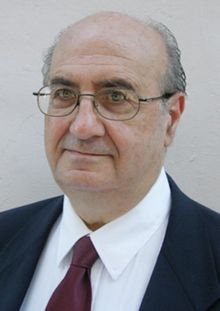 Dr. Cesar Chelala is a winner of an Overseas Press Club of America award.
Dr. Cesar Chelala is a winner of an Overseas Press Club of America award.
